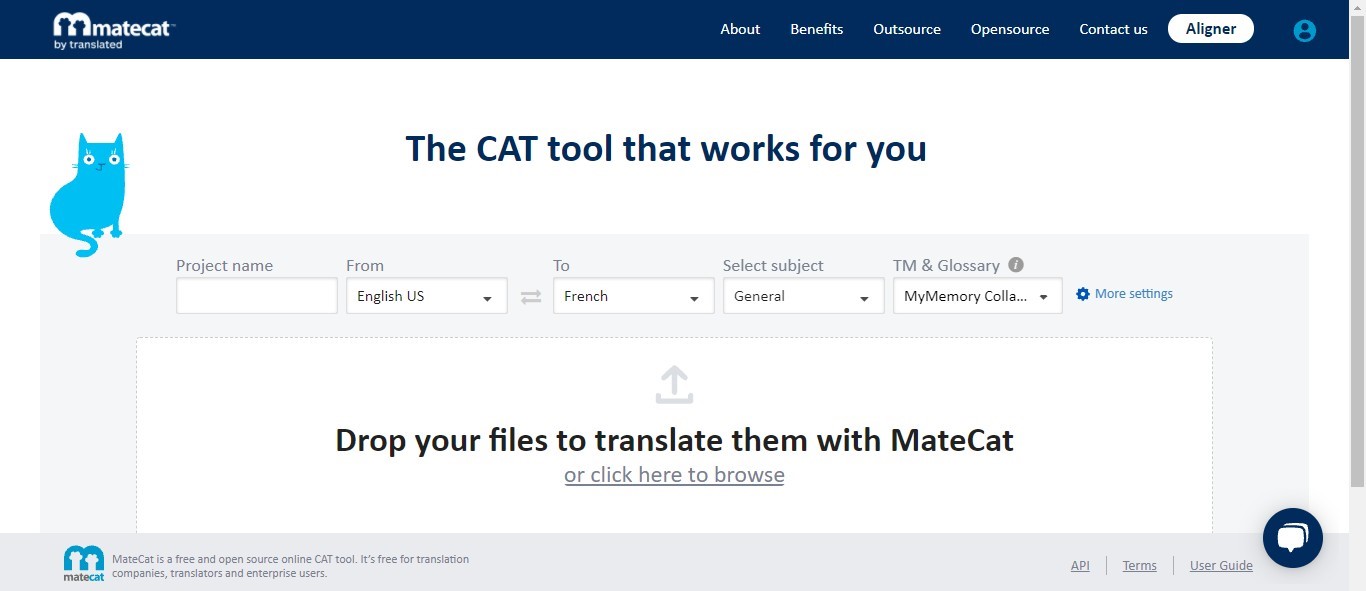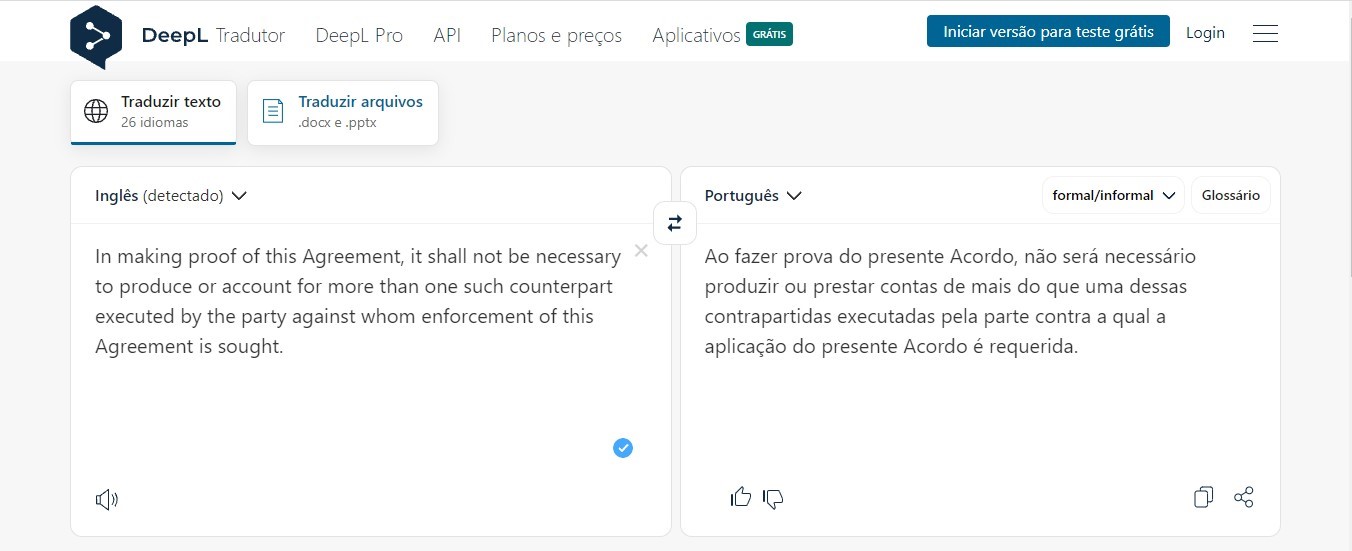Lesson 10 description
Seal the deal
Talita Serpa and Celso Fernando Rocha
Seal the deal!
The lesson Seal the deal! was designed for freshman from Languages and Translation undergraduate courses. The aims of this lesson are to a) use legal-related vocabulary present in contracts and other official documents and; b) reflect on the differences between/among the laws of different countries that result in lexicon changes.
To complete the lesson activities, two comparable corpora were built: (1) a corpus of purchase and sale contracts, and (2) a corpus of texts originally written in English referring to purchase and sale contracts as well. These corpora are both part of Rocha’s dissertation A tradução juramentada de contratos de compra e venda de títulos executivos na direção inglês→português: Semelhança e diferenças no uso de termos simples, expressões fixas e semifixas. Data from Rocha’s research are available as bilingual glossaries on Tradcorpus in Portuguese and English. However, in order to reach learners of different languages, we adapted the tasks using the English corpus only.
This lesson is available in hands-on and hands-off formats. The hands-on format requires students to access MateCat and DeepL to search for the linguistic data necessary to work on the activities. The second format does not require learners to access these tools as the linguistic data has been previously selected by the author, and is available to download in the lesson itself.
In terms of MateCat and DeepL, learners are expected to be able to use both tools as they search for other translation patterns and discuss the standardisation of legal genre texts. Check the following screenshots.


Watch Pressbooks Video 11 (YouTube, 3m25s) to learn more about MateCat and DeepL.



